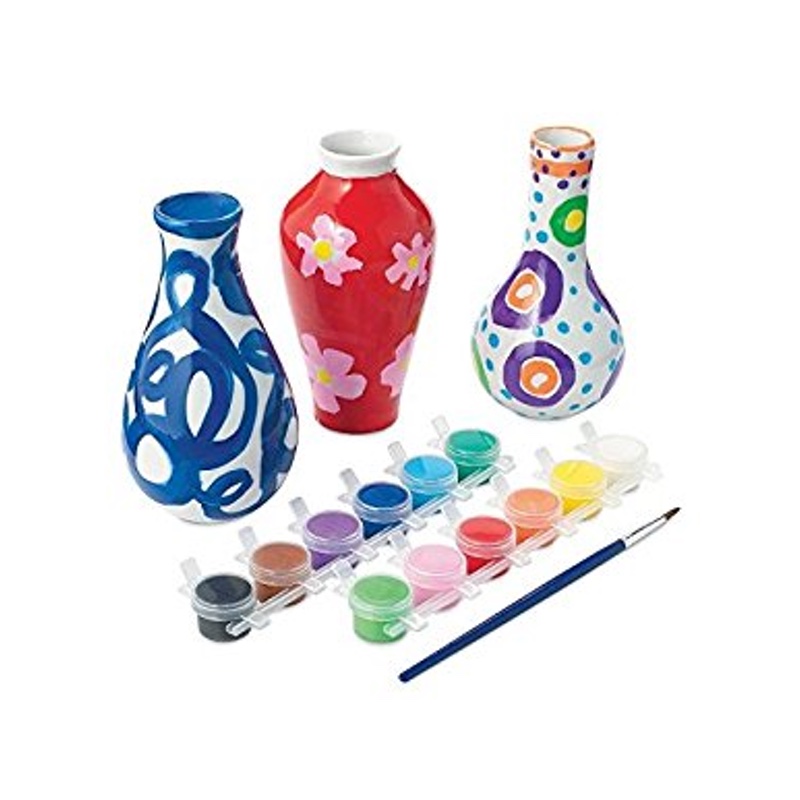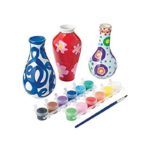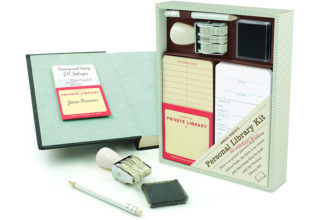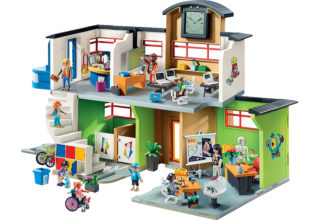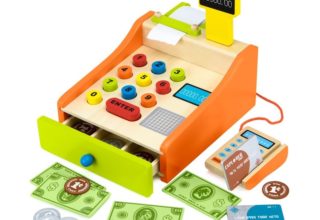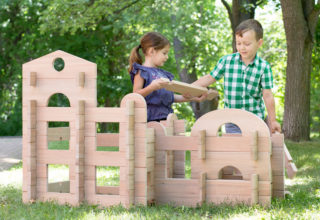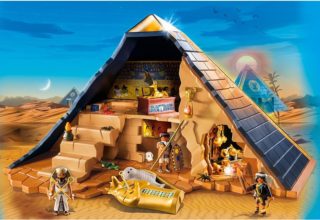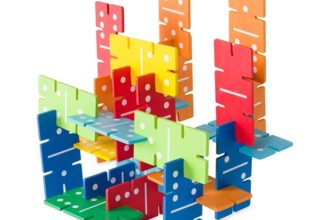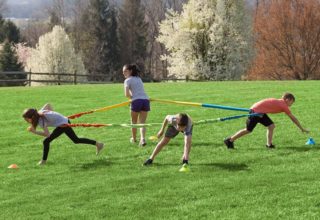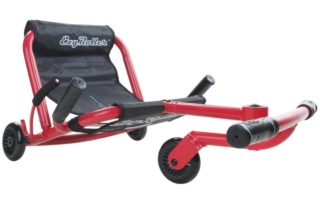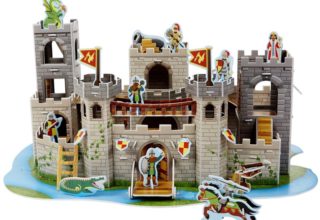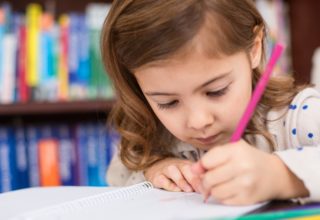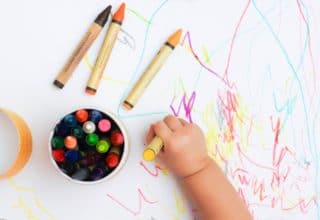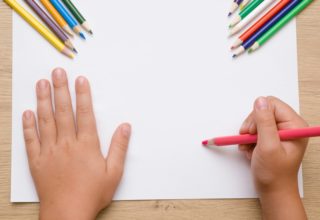An ideal gift for your beginning reader to inspire their love of books, reading and creative storytelling. And for those...
Re-imagine ‘school’. Packed with thoughtful details and accessories, this playset will creatively nurture your child’s feelings, ideas and dreams for...
Pretend, play and learn – math! A playful way to sharpen number and arithmetic skills.
Spot the notches in these wooden blocks? They inspire little hands to build bigger, taller and more complex creations. Playing...
Imagination + fine motor skills + history; so rare! Unlock your child’s imagination.
Clever new take on a traditional game. Fun fact: 3D spatial skills are foundational for engineering and design. Just as...
Expertly designed for sport-level performance. Combines classic tradition with new-age bouncing (read: higher jumps, less squeaking). Irresistibly loved by kids....
New twist on the classic tug-of-war that will have the whole family laughing and active. Add a dose of healthy...
New take on a classic scooter. No pedals! Move this racing machine with alternating leg movements on the foot bar.
A puzzle and play set all in one! Fun fact: 3D spatial skills are foundational for engineering and design.
Hands-down, the coolest coloring book..and the longest in the world (!!) Hours of downtime fun that cleverly folds into accordion-style...
Mesmerizing + soothing. The unusual rod top makes it lovely to watch and easy to spin. An excellent addition to...
The benefits of mindfulness and how it can help your child thrive. How to naturally and authentically infuse mindfulness into...
Whether a young child practices prewriting skills or an older child works on sight words, salt / sand trays are...
Nuts + bolts; let’s get tactical. Now that we’ve baselined the three primary processes of executive functioning, let’s look at...
Sometimes, a child may have an efficient grasp and sufficient hand strength, but their handwriting strokes still do not produce...
If a child is too forceful with their grasp, the pressure used will lead to quick fatigue. To help prevent...
Make a go-to place for your child to find comfort and safety when their internal engines feel out-of-sorts. Whether you...
Many of us are eager for our children to learn to write. It takes practice but it also needs to...
A breathing exercise to help your child move through the rocky moments in their day. Easy to do and remember....
As parents and teachers of young children, we encounter ‘power play’ in a variety of ways – some children like...
Little hands often struggle to hold a pencil, especially when their muscles need some building. Fortunately there are many fun...
Your child may not want to learnt to read – *yet*. It’s completely normal and natural. Reading is hard. Reading...
Brain differences make it hard for a child to control their behavior. Understanding your child’s impulsive behaviors can help you...
